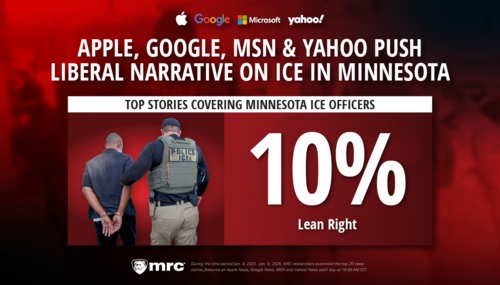On July 10, following the removal of the Confederate battle flag from Capitol grounds in South Carolina, a panel discussed the historic event on MSNBC's Andrea Mitchell Reports. Guest host Craig Melvin brought Pulitzer Prize winning author Isabel Wilkerson to the program. He asked the author to put the removal of the flag into “historical perspective.” Wilkerson remarked that we are “witnessing today, perhaps, truly the beginning of the end of the Civil War.”
Wilkerson – a former New York Times Chicago bureau chief and author of The Warmth of Other Suns, which is being made into an FX series – explained that the Civil War “was just the beginning of what would be a long experience of segregation and subjugation and Jim Crow. This flag had been raised again in 1961, it’s been there for 50 years.” She continued: “And, generations from now, people will want to know why it flew for so long. And we will have to be in a position to tell them and to know the history and tell them why.”
Melvin agreed with Wilkerson and thought she had hit on the fact that “there may be a paradigm shift and a shift in perception as well when it comes to what it means to be Southern.” Melvin asked whether perception was changing in a dramatic way, and Wilkerson replied: “I believe that it's a recognition that the South is more than just one story.”
The relevant portion of the transcript is below.
MSNBC
Andrea Mitchell Reports
July 10, 2015
CRAIG MELVIN: I tend to agree with you, Chuck. President Obama, by the way, tweeting shortly after the flag itself came down. The president tweeting, quote, ‘South Carolina taking down the confederate flag – a signal of good will and healing, and a meaningful step towards a better future.’ Isabel, can you put this in some historical perspective for us?
ISABEL WILKERSON: Well, of course, South Carolina is where the Civil War began. The first shots were fired, South Carolina was the first state to secede. So today we are all witnessing today, perhaps, truly the beginning of the end of the Civil War. We also have to remember that the Civil War is – was just the beginning of what would be a long experience of segregation and subjugation and Jim Crow. This flag had been raised again in 1961, it’s been there for 50 years. And, generations from now, people will want to know why it flew for so long. And we will have to be in a position to tell them and to know the history and tell them why.
MELVIN: You know, Isabel, you hit on something is there because one of the things that has really struck me over the past few weeks, it seems as if there may be a paradigm shift and a shift in perception as well when it comes to what it means to be Southern. I mean, for a long time the perception of the South was, unfortunately, associated with the flag that came down. Do you get the sense that that perception is changing in a dramatic way?
ISABEL WILKERSON: I believe that it's a recognition that the South is more than just one story. That, you know, that African-Americans are Southern, too. In fact, it was the Jim Crow situation, the Jim Crow segregation that had forced millions of people to flee the South. And so there are a lot of displaced Southerners all over the country who are also cheering this day.




